Scott Morrison pushes technology target for climate
Coalition is expected to adopt a technology target to avoid signing up to an international requirement for net zero emissions by 2050.
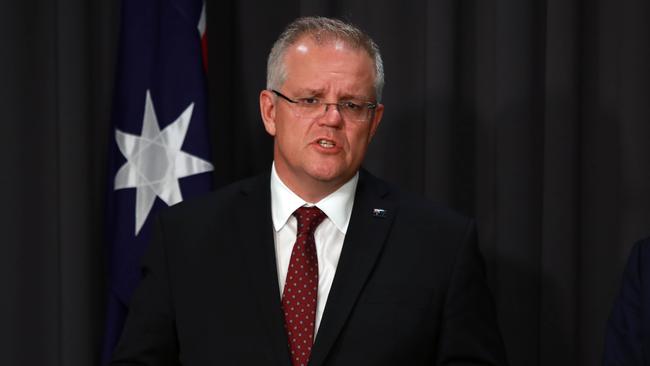
Scott Morrison is expected to adopt a technology target to avoid Australia signing up to an internationally imposed requirement for net zero emissions by 2050, with the new climate change plan to be presented at this year’s UN summit in Glasgow.
The move comes as the peak business lobby says at least $22bn of investment in new technology every year and a doubling of current renewable energy generation capacity within the next 20 years are needed to meet a net zero emissions target by 2050.
The Australian understands the Morrison government will argue at the November Glasgow summit that its technology target is the best way to meet the net zero goal that countries signed up to in the 2015 Paris Agreement.
As the climate change debate intensified within the Coalition, the Prime Minister on Monday remained steadfast over the government’s refusal to sign up to an international target without being able to tell Australians the cost.
“I don’t sign up to anything when I can’t look Australians in the eye and tell them what it costs,” Mr Morrison said. “None of that information is before me that would enable me to give any such commitment.”
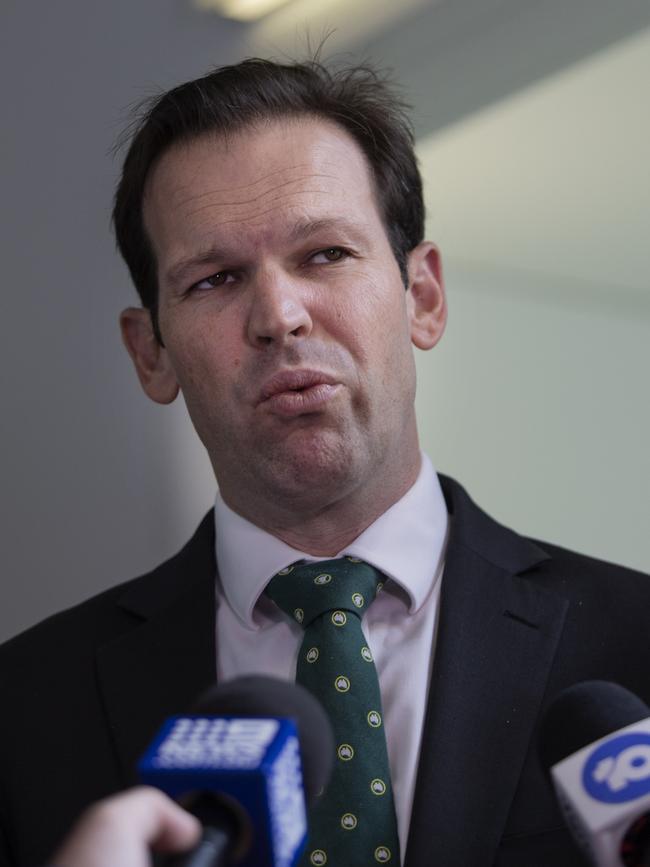
Mr Morrison on Tuesday would not confirm he would set a technology target, but said he would be pushing technology over taxes to tackle climate change.
“You want to get global emissions down? That’s what you need. You need technology that can be accessed and put in place, not just here in Australia, but all around the world,” he said in Melbourne.
“Meetings won’t achieve that, technology does. And I can tell you taxes won’t achieve it either.”
With some moderate Liberals arguing in favour of embracing net zero emissions, rebel Nationals senator Matt Canavan ratcheted up his campaign galvanising support within the Coalition to resist any move by the government to adopt the 2050 target.
Writing in The Australian, the Queensland senator, who resigned as resources minister before the Nationals leadership spill, says that if other countries are allowed to continue to fuel power stations with Australian coal then Australian jobs will be exported as well.
“That will also happen if we succumb to the glib talk that we should adopt a target of achieving net zero emissions by 2050,” Senator Canavan writes. “We are being told that we need all countries to hit net zero by 2050 to save the planet. Who are we going to buy carbon emissions from if all other countries have stopped emitting too? We can’t buy carbon credits from Mars.”
The Business Council of Australia, which has backed a target of net zero emissions by 2050, released a scoping study for members this month that suggested, based on calculations produced by Europe on the scale of investment required, that Australia would need to spend “at least” $22bn a year on new investment in technology to reach the target.
“The European Union has identified $440bn of new investment is needed each year until 2050 to deliver net zero emissions,” the BCA study said.
“Applying this metric to Australia, the level of investment would be at least $22bn each year.
“To give a sense of the scale, the Snowy 2.0 pumped hydro project proposes to spend $5bn over the next five years.”
Senior sources within government have confirmed that a technology target in the absence of an emissions target would be developed before the end of the year when countries meet for COP 26 in Glasgow.
A technology target is designed to get to a price point where investment in energy generation becomes economic. Proponents argue it would then naturally lead to emissions reductions.
Critics of an emissions reduction target say this approach disregards the cost to industry and consumers of achieving the target.
The Investor Group on Climate Change, which represents large-scale investors in Australia and New Zealand including the big banks and super funds, has told The Australian that it has $2 trillion in capital that could be tapped if the government set a sensible, sustainable policy that encouraged private sector investment.
“Long-term investors are already factoring in climate change risks and net-zero-emissions scenarios into their investment decisions,” the group’s policy director Erwin Jackson said. “Infrastructure is not being invested in because of climate change risks and capital is shifting to markets with more stable climate policy.
“Our members have over $2 trillion in assets under management and are crying out for investment opportunities in zero carbon opportunities and climate resilience measures in Australia.
“Lack of large-scale deals and policy instability remain critical barriers to opening up multi-billion-dollar investment in new industries, jobs and technologies.”
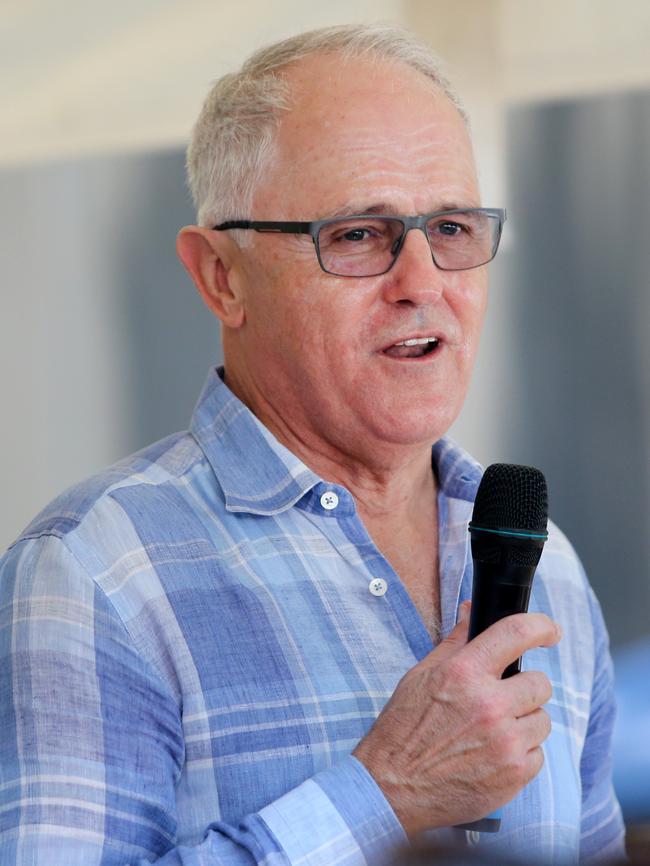
Former prime minister Malcolm Turnbull accused the government of being “dangerous and idiotic” for not taking stronger action to reduce greenhouse gas emissions.
“We’ve been warned by the climate scientists. Everyone has been aware of this except for those who, well, the climate change deniers are aware of it, but they choose to deny reality,” Mr Turnbull told 60 Minutes in the US.
Former prime minister Tony Abbott backed Mr Morrison’s “sensible” approach but said he did not want to “buy into a fight” with Mr Turnbull. “All of us want to reduce emissions, the question is: how high a price are we prepared to pay?” Mr Abbott told Sky News. “My view always has been and I think this is the sensible view of the Morrison government, that if the price is a big hit on people’s cost of living, if the price is exporting our manufacturing industries overseas, that’s a price too high, it’s a goal too far.”
Divisions have also emerged in Labor, which has yet to commit to a target. Several MPs say the party has gone too far with its climate change ambitions at the election and alienated coal communities.
Former leader Bill Shorten, whose climate change policy was torn up after the election loss, acknowledged on Monday that the party’s policy had cost it votes in regional Queensland but said the public mood on climate change action had shifted after the catastrophic bushfire season.
ADDITIONAL REPORTING: GREG BROWN, OLIVIA CAISLEY



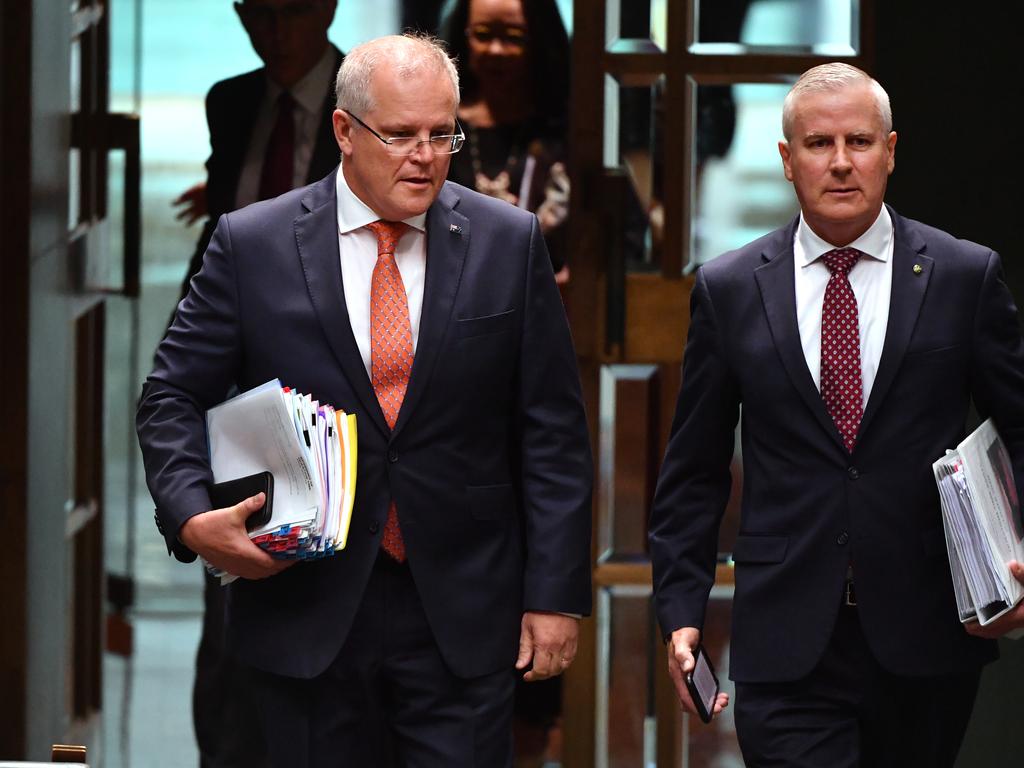
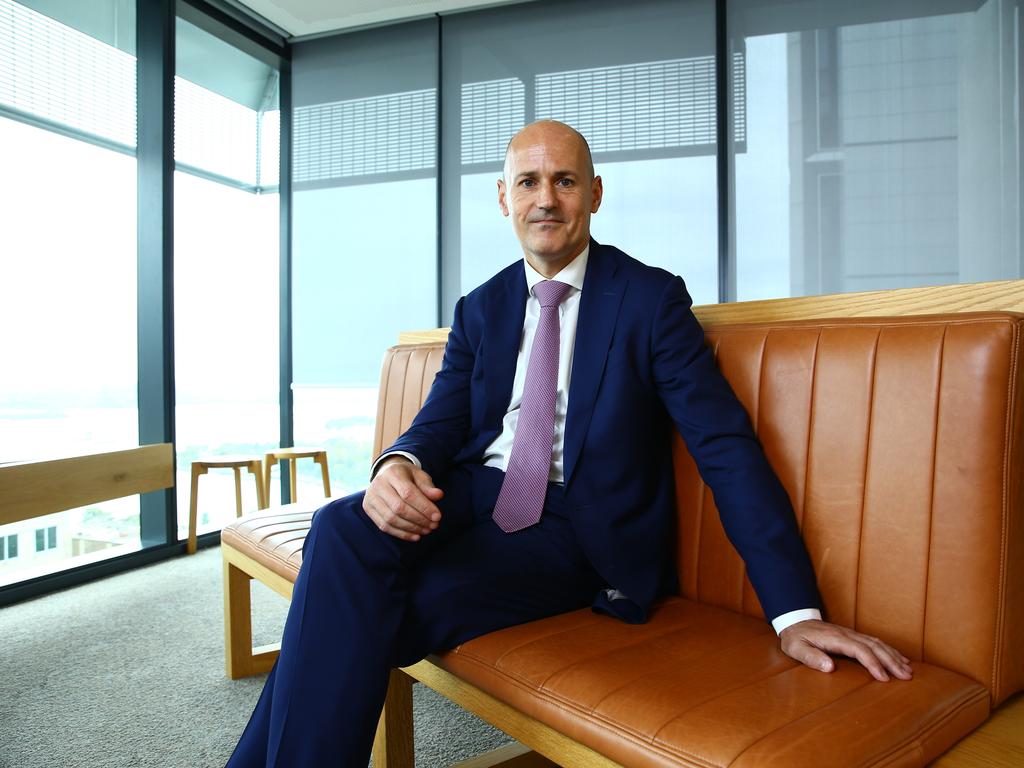

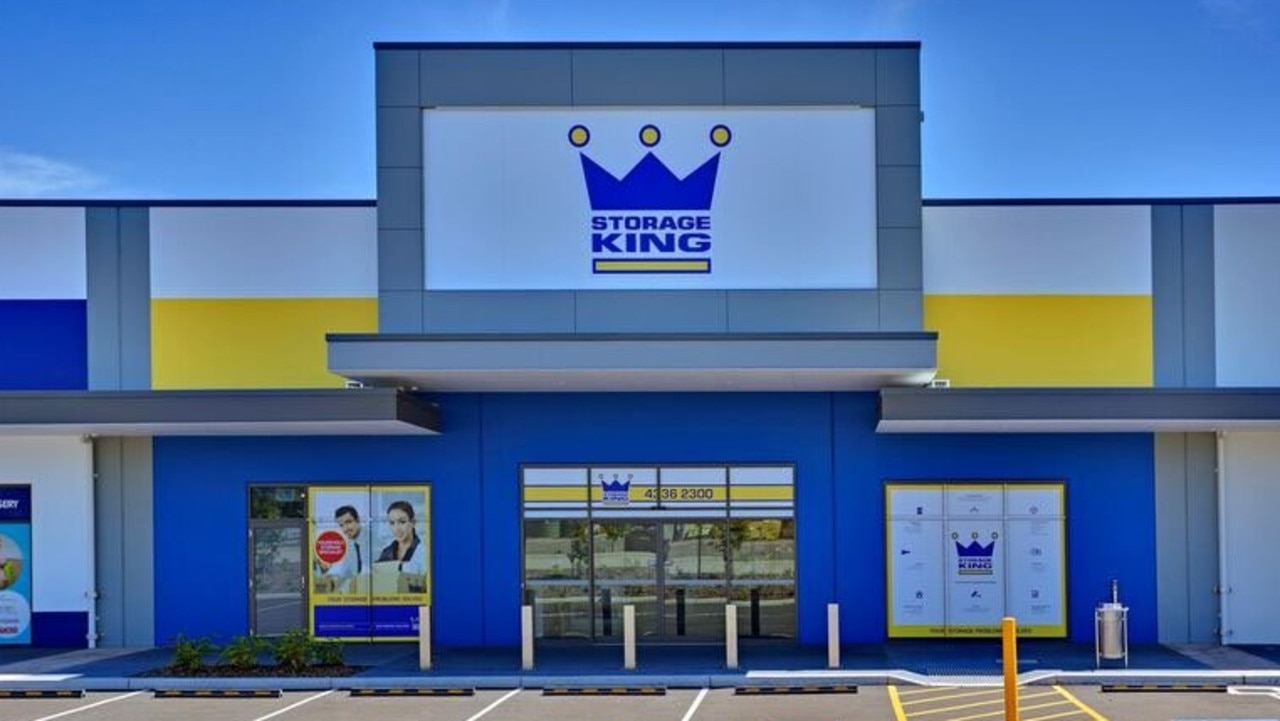
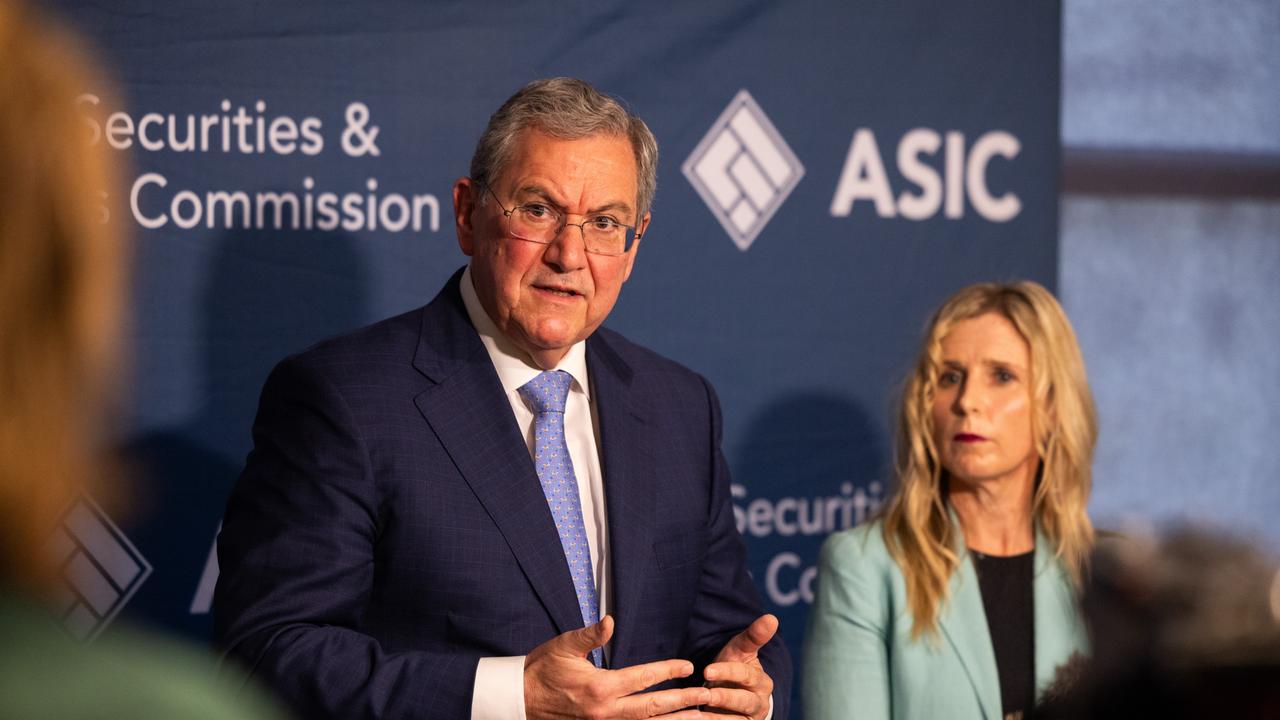
To join the conversation, please log in. Don't have an account? Register
Join the conversation, you are commenting as Logout